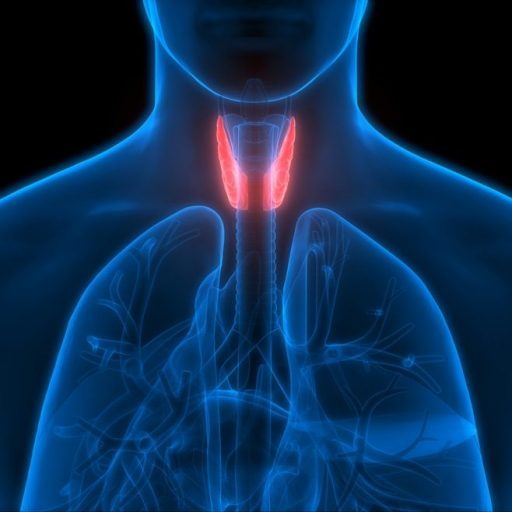Unexplained weight loss in women can be a distressing and perplexing issue. One possible cause of this phenomenon is hyperthyroidism, a condition where the thyroid gland produces excessive amounts of thyroid hormones. The thyroid gland, located in the front of the neck, plays a vital role in regulating the body’s metabolism. When it becomes overactive, it can lead to a range of symptoms, including weight loss.
Women are more susceptible to thyroid disorders than men, and hyperthyroidism is no exception. The condition can affect women of all ages, but certain age groups are more prone to experiencing weight loss due to hyperthyroidism. Women in their 20s and 30s are at a higher risk, as they tend to have a faster metabolism, which can exacerbate the effects of an overactive thyroid. Furthermore, women in their 40s and 50s are also vulnerable to developing hyperthyroidism, particularly during perimenopause and menopause when hormonal fluctuations are common.
Unexplained weight loss can be a significant health concern, as it may indicate a more serious underlying issue. When hyperthyroidism is the cause, rapid and unintentional weight loss occurs even when the person is consuming a normal or increased amount of calories. This is because the excess thyroid hormones speed up the body’s metabolism, causing it to burn energy at a faster rate.
Symptoms that come along with unexplained weight loss
Apart from weight loss, other common symptoms of hyperthyroidism include increased heart rate, anxiety, irritability, sweating, fatigue, and difficulty sleeping. Women may also experience changes in their menstrual cycles, such as lighter or irregular periods. In some cases, a visible swelling in the neck, known as a goiter, may be present.
Diagnosing hyperthyroidism involves a combination of physical examination, blood tests, and imaging studies. Blood tests are used to measure levels of thyroid-stimulating hormone (TSH) and thyroid hormones (T3 and T4). In hyperthyroidism, TSH levels are typically low, while T3 and T4 levels are high. Imaging studies, such as an ultrasound or a radioactive iodine uptake test, may be conducted to identify the underlying cause of the thyroid overactivity.
Treatment options for unexplained weight loss
Anti-thyroid medications
Treatment for hyperthyroidism aims to normalize thyroid hormone levels and alleviate symptoms. Depending on the cause and severity of the condition, various treatment options are available. Anti-thyroid medications, such as methimazole or propylthiouracil, can be prescribed to reduce the production of thyroid hormones. In some cases, beta-blockers may be used to manage symptoms like increased heart rate and anxiety.
Radioactive Iodine Therapy
Another treatment option is radioactive iodine therapy, which involves taking a pill containing radioactive iodine. The iodine is absorbed by the thyroid gland, destroying overactive thyroid cells and reducing hormone production. This treatment is usually effective and has few side effects, but it may lead to hypothyroidism, a condition where the thyroid does not produce enough hormones. Patients may need to take thyroid hormone replacement medication for the rest of their lives.
Thyroidectomy
Surgery to remove all or part of the thyroid gland, called a thyroidectomy, is another option for treating hyperthyroidism. This procedure is typically reserved for cases where other treatments are ineffective or contraindicated, such as during pregnancy. Following surgery, patients will need to take thyroid hormone replacement medication.
If left untreated, hyperthyroidism can lead to serious health complications, such as heart problems, bone loss, and in rare cases, a life-threatening condition called thyroid storm. Therefore, it is crucial for women experiencing unexplained weight loss or other symptoms of hyperthyroidism to consult a healthcare professional for evaluation and treatment.






